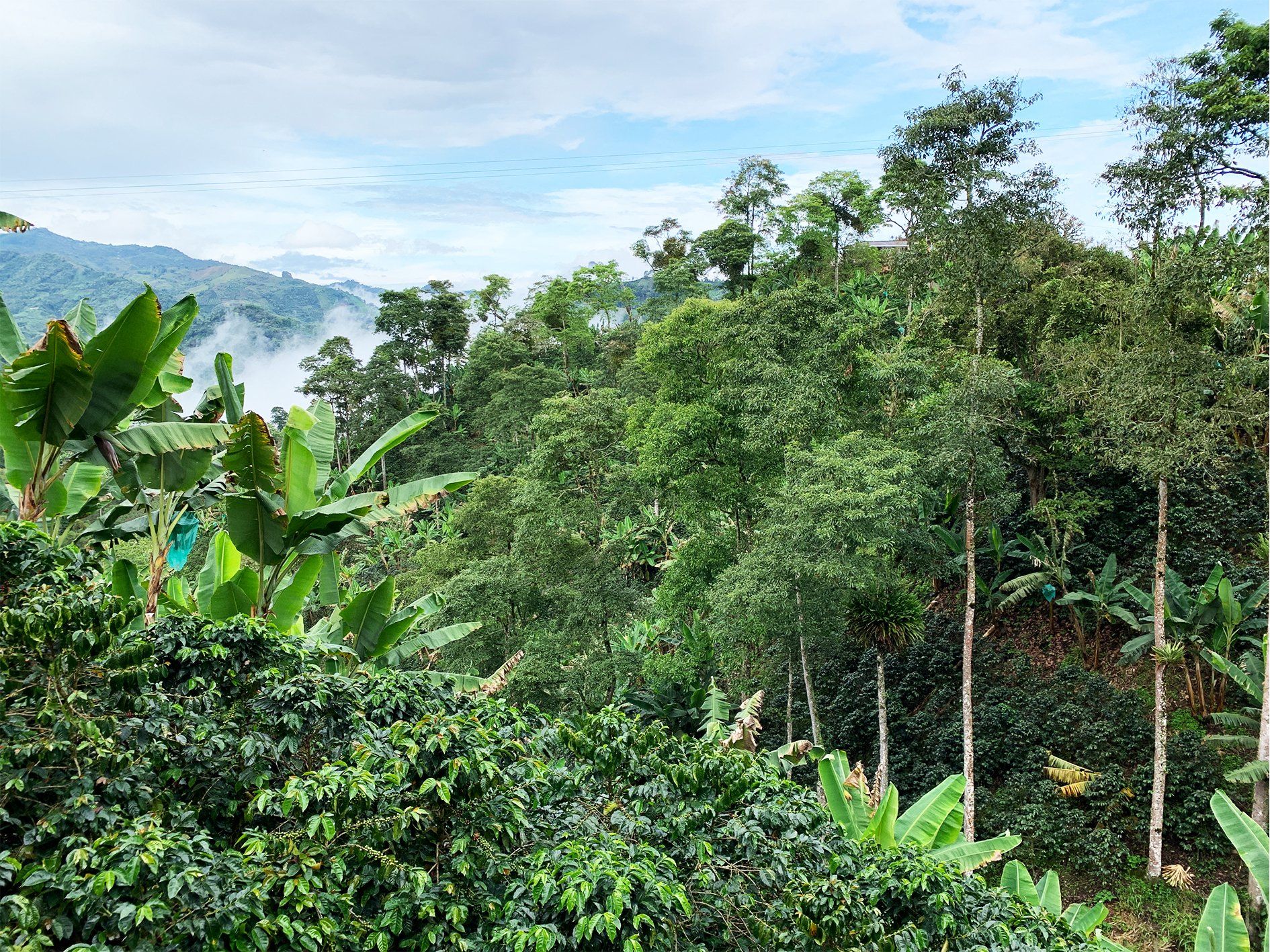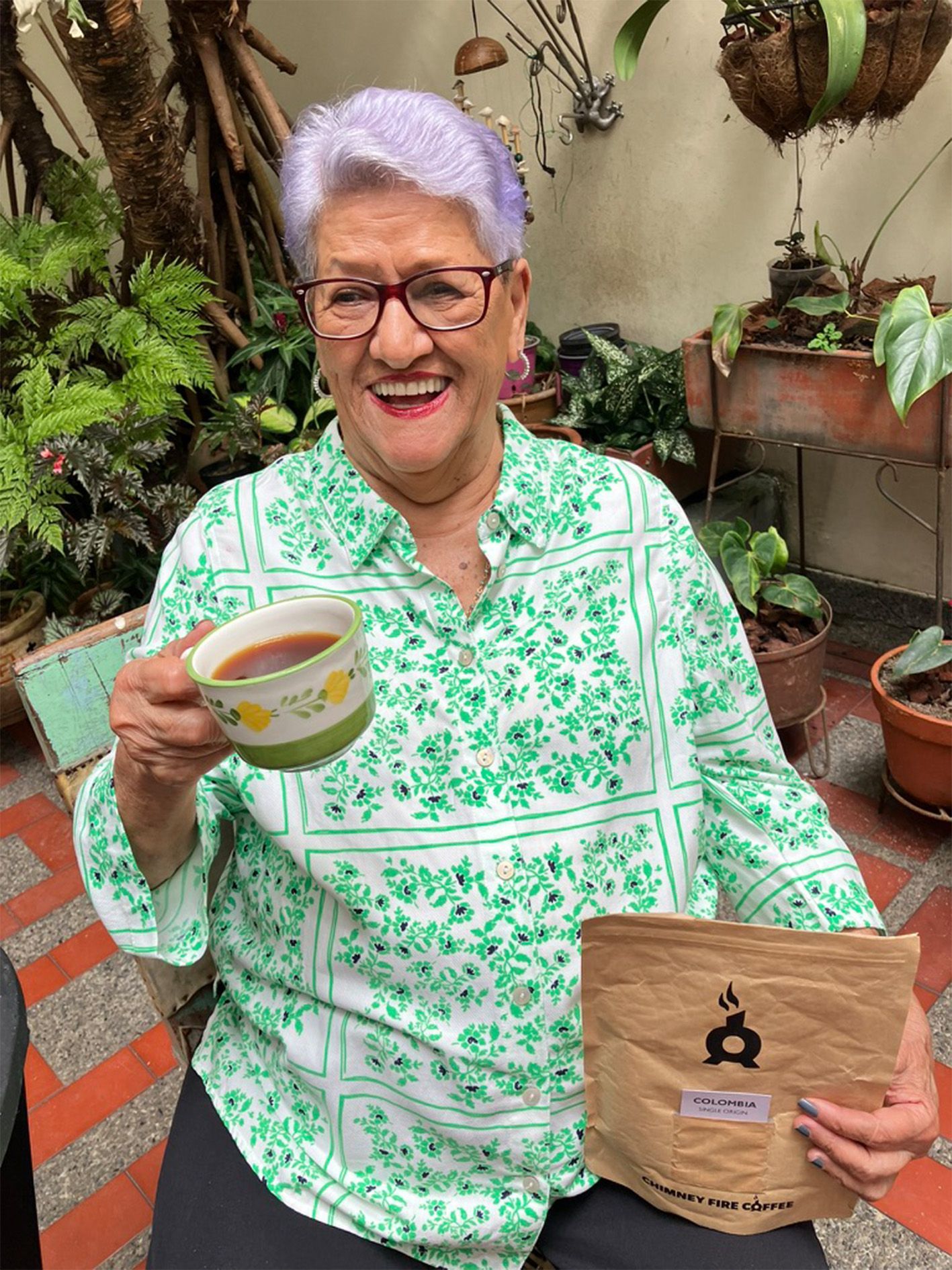The Process of Coffee Production
The process of creating coffee, beginning with a seed and arriving in a cup to be consumed by a customer, consists of a typical series of steps to produce the coffee that many enjoy. These steps can be around than thirty that are done in the farm of origen, the last steps that includes that inludes storage, transporting until it reach the roaster. A coffee bean begins as a seed and after being dried, roasted and ground, it is ready to be brewed into coffee.

Planting
In our farm we select the healthifiest beans to be the seeds for the next generation of of coffee plants. We usually creat our own nursury, using the organic compost made from the skins of the beans. When they germinate, the shoots break through the surface, the seed casing dissolves and the seedling puts out its first two primary leaves. These are then moved outside to grow into small coffee plants, but still within protected nursery conditions. Once they reach the right size they are reintroduced to the fields where they will spend the rest of their lives, taking around three years to reach maturity and begin to fruit after 18th months.

Harvesting
Between the ages of 2 and 5 years, the plants reach maturity and develop their first buds. These flower after the rains have come, producing blooms which last for a week and can self-pollenate. Now fertilised, the blooms fall away and coffee cherries swell on the branches. The individual cherries ripen at different rates, meaning on one branch green cherries can sit next to fully matured ones. At the peak of the season the plant puts all of its energy into growing and ripening these so within a few short weeks the branches are covered in coffee cherries, which gradually become uniformly ripe..

Picking, Presorting & Fermenting
In the coffee region of Colmbia the f harvesting is done by hand, skillful farmers can pick up more than 100 kg per day. They will select the cherries depeeding on the ripeness. The sorted cherries are poured into a specialist tank for wet processing. Overripe fruit float to the surface to be removed, while the best cherries sink. These flow into the pulper, which is calibrated to only remove the flesh from ripe cherries, while the still-hard less ripe fruit sink lower and are returned to the cycle. The flesh mainly removed, washed coffee beans are placed into a fermentation tank where lactic bacteria strip away the remaining material, after which the beans are sundried.


Drying
The drying beans are constantly turned and smoothed over, to ensure they dry evenly in the sun. As soon as their residual moisture is low enough, the next steps for further sorting, with defective beans removed and last quality checks made. This final manual sorting leaves less than a handful of beans for every sack which started the journey.



